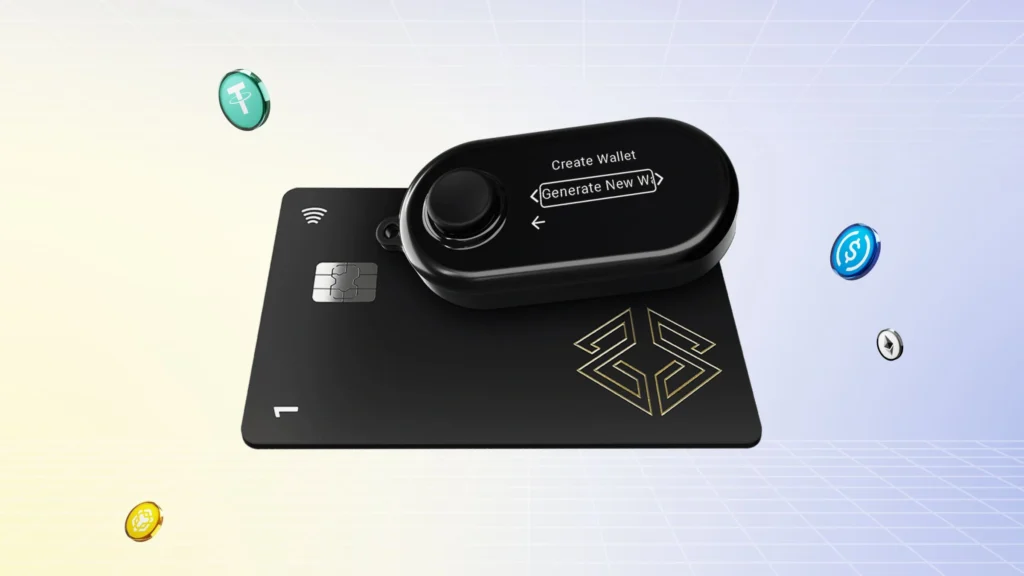How to Avoid Crypto Scams in Vietnam: A Practical Guide with Secure Trading Tips
The Growing Threat of Crypto Scams in Vietnam
Crypto scams are no longer limited to global headlines. They’re happening every day, right here in Vietnam. As interest in digital assets grows — from university students in Huế experimenting with trading apps, to retirees in Hà Nội exploring stablecoins — so does the risk of fraud.
Understanding how crypto scams work, and applying secure trading tips, is no longer just smart. It’s necessary for anyone navigating Vietnam’s fast-changing crypto space.
How Crypto Scams Commonly Unfold in Vietnam

Credit from MDPI
Unlike traditional cyber fraud, scams targeting Vietnamese crypto users often mix digital deception with emotional manipulation.
Take fake trading apps, for example. These apps are shared through familiar platforms like Zalo or Facebook and are designed to look like real exchanges. Users download them, make deposits, and only realize they’ve been scammed when they try to withdraw — and can’t.
Ponzi-style schemes also remain common. Promising daily profits or so-called “mining rewards,” they gain trust quickly and disappear just as fast. Another tactic involves impersonator chats — where scammers pose as support agents and coax users into sharing login details or seed phrases.
Some of the most heartbreaking cases involve romance-based scams, where trust is built over time only to be shattered when the scammer introduces a fraudulent “investment opportunity.”
What connects all of these? They tend to appear professional, often mimic Vietnamese branding, and use urgency to override common sense.
How to Recognize a Scam Before You Fall for One
Scammers often push you to act fast — they rely on panic and fear of missing out. If an app or website promises profits that seem too easy, it usually is. Warning signs might include awkward Vietnamese translations, oddly formatted fonts, unrealistic return promises, and requests for private wallet access.
Many platforms even showcase fake reviews or doctored screenshots to build false credibility.
One of the most effective ways to identify crypto scams in Vietnam is to search the platform name in forums like Reddit or among trusted Telegram groups. Global databases listing known scam sites are also useful — and worth checking before signing up or sending crypto anywhere.
Secure Trading Tips That Actually Make a Difference

Credit from CryptoCloud
You don’t need to be a tech expert to protect your digital assets. Basic habits go a long way.
Start by using a hardware or cold wallet to store larger sums — these stay offline and out of reach of cyber attackers. Always activate two-factor authentication (2FA) on exchanges you use, and make sure you’re not repeating passwords across platforms.
Verify website URLs yourself, especially before entering sensitive details. Even a small typo in a web address could take you to a fake version of a trusted site.
Another practice growing in popularity is peer-reviewing platforms before engaging. In several Vietnamese crypto communities, users now rely on group chats where platforms are vetted collectively, helping newcomers avoid hidden threats.
What If You’ve Already Been Targeted or Scammed?
If you suspect you’ve fallen victim to a scam, timing is everything. Document everything — screenshots, wallet addresses, communication logs — and stop all activity immediately. Then report the case to the Cybercrime Division of Vietnam’s Ministry of Public Security.
Though asset recovery is rare, your report can contribute to larger investigations. Sharing your story in anonymous forums also helps others avoid similar traps and creates a ripple effect of community awareness.
Should You Trust Crypto Advice from Local Influencers?
Not always. While many Vietnamese content creators are well-intentioned, some have unknowingly promoted fraudulent platforms. A professional-looking video or polished post doesn’t guarantee legitimacy.
It’s wise to question how these influencers are affiliated with what they’re promoting. If there’s no transparency — or the project isn’t listed on credible resources like CoinMarketCap, Trustpilot, or major forums — that’s a red flag.
What Legal Protections Exist for Crypto Users in Vietnam?

Credit from Digital Watch Observatory
Vietnam is still building its legal framework around crypto. While larger scams have triggered investigations, individual users have limited protection under current laws.
That’s why prevention is so crucial. In some urban areas — including Hồ Chí Minh City and Đà Nẵng — schools and tech communities are now offering crypto awareness workshops, which play a vital role in improving digital literacy and fraud resistance.
A Real-World Case That Still Stings
In 2023, a fraudulent investment platform launched with a Vietnamese-language interface and social media campaign. After luring users into simulated “successful” trades, the platform suddenly shut down. Within hours, hundreds of wallets across three provinces were drained.
Cases like these aren’t rare — they’re becoming the norm. And they underline the real cost of not applying basic secure trading tips early on.
Final Thoughts: Crypto Scams in Vietnam Won’t Wait — Neither Should Your Defenses
The rise of crypto scams in Vietnam is a wake-up call. But awareness, community learning, and consistent secure trading habits can help tip the balance.
Much like learning to drive or managing finances, crypto demands care and ongoing attention. The tech may be new, but the rules of staying safe — verifying, slowing down, double-checking — are age-old.
The crypto world is full of potential. Just make sure you’re stepping into it with your eyes open and your wallet secure.




